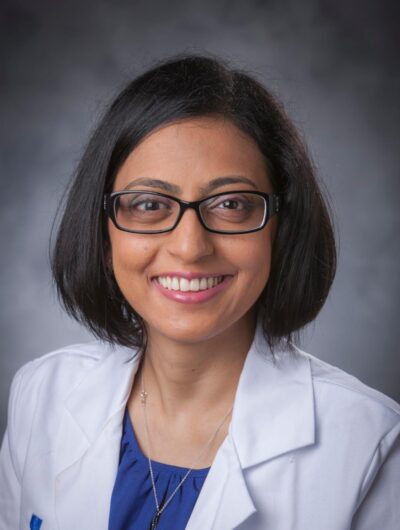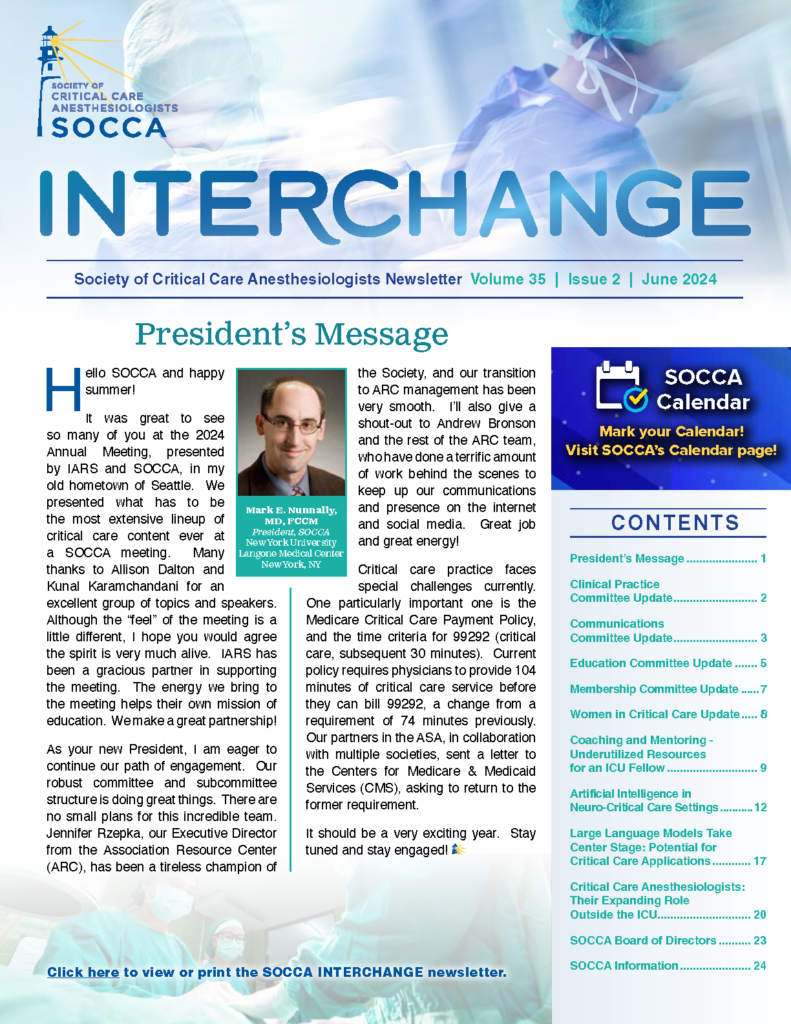Belonging to an Organization: Professional Advancement & Personal Gains
Our realities changed during the pandemic and many people asked a very important question, possibly for the first time in their lives: what brings me joy and fulfilment? Is my choice of career a good fit for me? Outside of medicine, it is this feeling of being unfulfilled that has led to what is being dubbed ‘The Great Resignation’. Amongst physicians, the lack of connectedness and satisfaction with one’s specialty has led to high rates of burnout. Pre-pandemic literature on burnout suggested that engaged physicians tend to have less burnout. Engagement outside of clinical work can be driven by continued learning, faculty development and mentorship, having a social network and many more things. For me, engagement included interacting with my trainees, seeking ways to improve my clinical practice and finding mentorship from other physicians in my area of interest. This is where the role of belonging to a professional organization became very important.
As a trainee, we are all encouraged to join our professional societies and I did the same. The importance of my membership did not become clear to me till I was a junior attending. Initially, professional meetings were a venue to showcase the research projects I participated in. However, I realized that professional organizations such as the Society of Critical Care Anesthesiologists (SOCCA) do more than just highlight my current projects.
One of the biggest personal gains I experienced from being a part of an organization was mentorship and faculty development. Subgroups and committees within the organization provided me the opportunity to network with those in my field of interest. As an example, I joined the Women in Cardiothoracic Anesthesia (WICTA) special interest group within the Society of Cardiovascular Anesthesia (SCA). I participated in their inaugural Professional Development Mentoring Program, where I was paired with an amazing anesthesiologist with experience in congenital heart disease, Dr. Johanna Schwarzenberger from UCLA. The group conducted webinars on presentation skills, storytelling and communication, statistics, and manuscript writing. All these skills are essential to the growth of a junior faculty member in academic medicine. The culmination of this program was a presentation by the participating ‘class’ on their topic of interest using the various presentation skills taught during the seminar series. This was judged by senior faculty from all over the country and we all received meaningful feedback. The exercise helped me develop contacts, find a mentor, and improved my presentation and communication skills.
Being part of professional organizations such as SOCCA and SCA has been fulfilling in many other ways. I have learned to network within committees and at national meetings. As a newly minted program director for a medium sized critical care fellowship, this has allowed me to learn the ropes from my more experienced colleagues as well as be a part of the conversation about educating our future anesthesiologist intensivists. The continued learning and innovation at meetings keep me updated with evolving practice patterns nationally and internationally. Lastly, it is always a joy to meet alumni and colleagues in an informal setting at national meetings.
Each of us finds meaning in their personal and professional lives in a variety of ways. I have experienced the many ways that being part of professional societies has prevented me from being burnt out by a heavy clinical load, even at the peak of the pandemic. The best balance of clinical work and professional engagement is personal and individualized. When the balance is right, it fuels one’s passion and can help sustain their career through the highs and lows of clinical medicine.




































